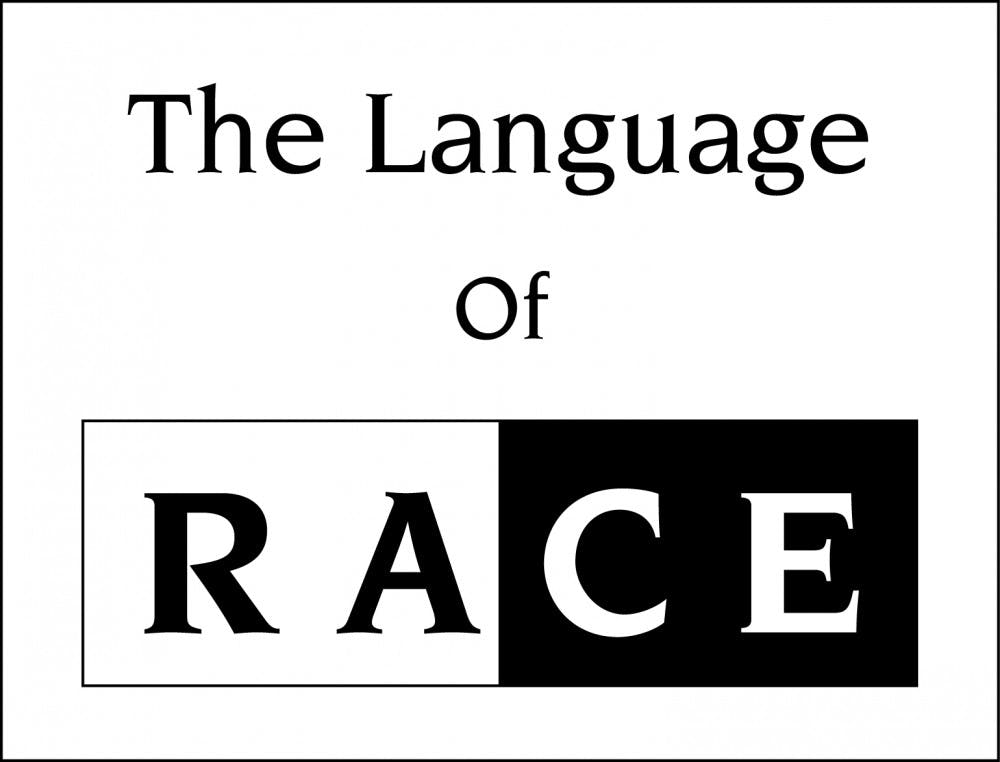By Emily O'Daniels | Contributor
I have considered myself opposed to racism since childhood. I grew up with black friends, loved "Family Matters" and "The Fresh Prince of Bel-Air" and read about the Underground Railroad and William Wilberforce for fun. However, last year, a black friend asked me to stop explaining away or minimizing her experiences of racism on our campus. I was shocked to realize nearly every time she was brave enough to talk about a hurtful incident, I spent most of our conversation brainstorming ways to explain the offender's good intentions.
By assuming the role of educator and interpreter, I was both ignoring the harm done to her and giving up an important opportunity to become more knowledgeable about the world around me.
I do not think I am alone in this bad habit. In fact, I think I was inadvertently raised in a church environment that taught me to constantly, gently ignore or explain into oblivion what black people have to say about race. When Al Sharpton, Jesse Jackson or the NAACP made their way into the news, many in my community sighed or rolled their eyes. These were the only modern black thinkers I was exposed to, and their messages were unanimously dismissed. As a child, I unknowingly assumed something about the value of black voices through this experience.
So, with this environment as a foundation, it is easy to understand why the buzzwords of modern black activism such as "white privilege," "black bodies" and "oppressors" are difficult for many white people to engage with. However, these words accurately and helpfully describe a broken and uncomfortable situation that black scholarship has been defining for a long time. Creating an entirely new vocabulary more comfortable to white Christians would compromise the integrity of the message and provide yet another escape for Christians who prefer to avoid conflict rather than pursue fuller reconciliation. It would be better, instead, to train ourselves to listen more carefully to black people and take up the attitude of patient learners.
You might recall that the hashtag #alllivesmatter was originally a well-intentioned attempt by many white people to affirm the values of the Black Lives Matter movement while also explicitly showing that we were not privileging any particular group's lives. It was an attempt to be more comfortable and less confrontational. However, by correcting #blacklivesmatter to #alllivesmatter, we were fixing a problem that did not exist. #Blacklivesmatter never meant or claimed that #blacklivesmattermore. Our attempt to make the movement more palatable to white folks undermined the meaning and goodwill of the original statement.
Today, we live in a surreal world where #alllivesmatter is a retort to silence black grief, and I am made to feel I must choose between #bluelives or #blacklives as the body counts roll in each week. Our attempt to whitewash the vocabulary of black activism communicates we do not trust black brothers and sisters to appropriately lead the movement.
Continual efforts to make messages more comfortable to white people results in, first, the exclusion of black people (a sort of colonialism of activism, if you will), and, second, muddied meanings. By using common language, we can put ourselves in the best position to humbly learn from and unite ourselves with the black church.
More than creating a new vocabulary or new hashtags, we need to begin delving into the rich theology and scholarship on race and reconciliation created primarily by black scholars. This began with people like Frederick Douglass but did not end with Rev. Martin Luther King Jr. There is no need to reinvent the wheel; rather, we should continue the nuanced and heady work of the past two centuries that persists today. In so doing, we might be better informed and have a depth of knowledge that would offer us some agility and creativity in explaining our cause to white neighbors who still doubt the need for full reconciliation.





